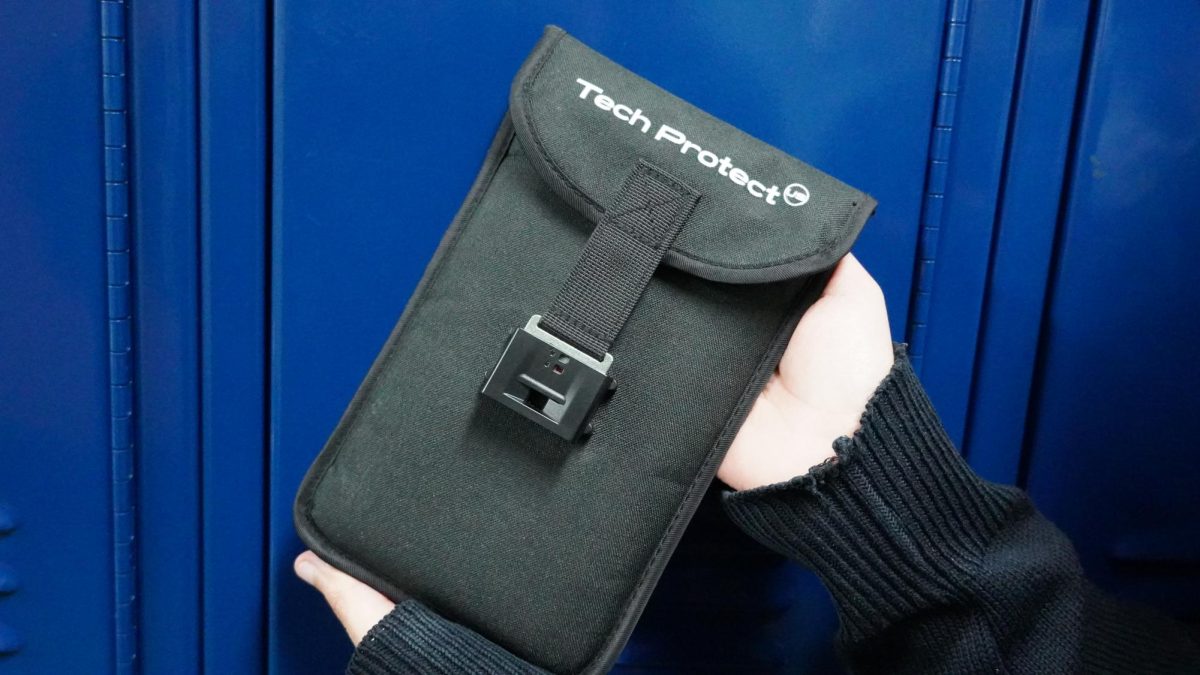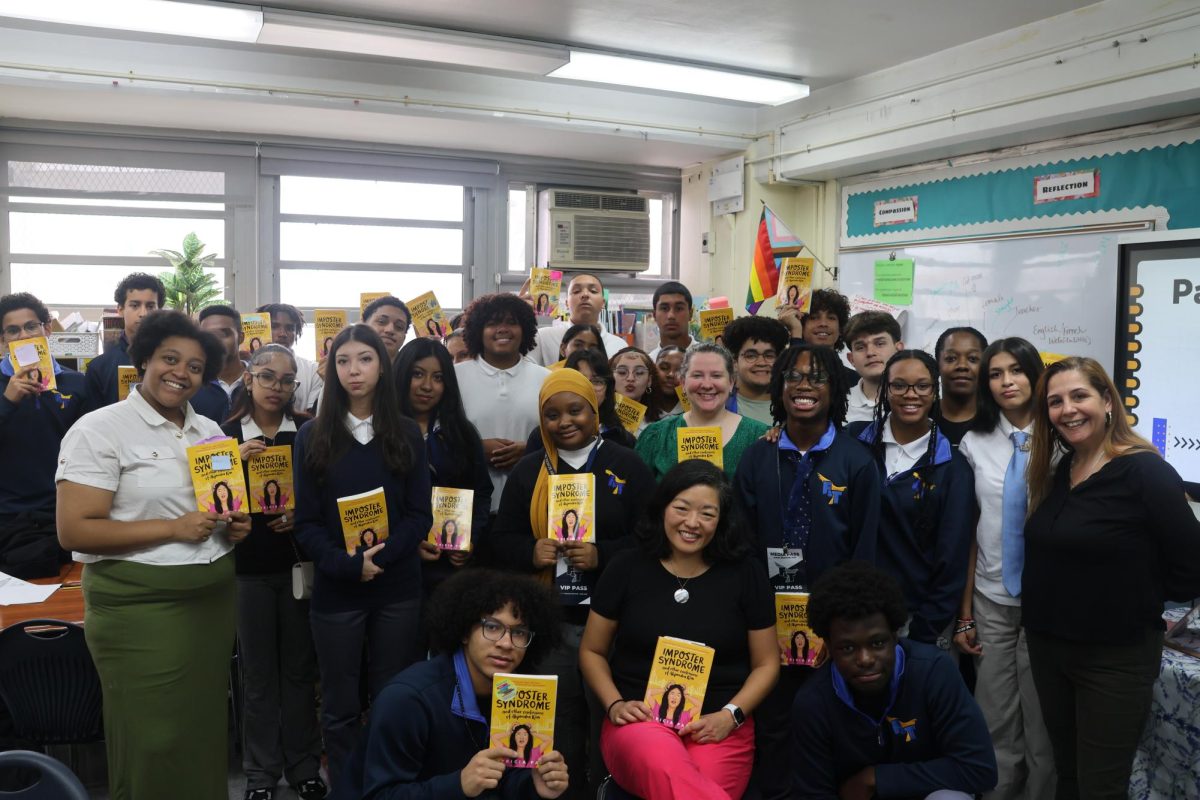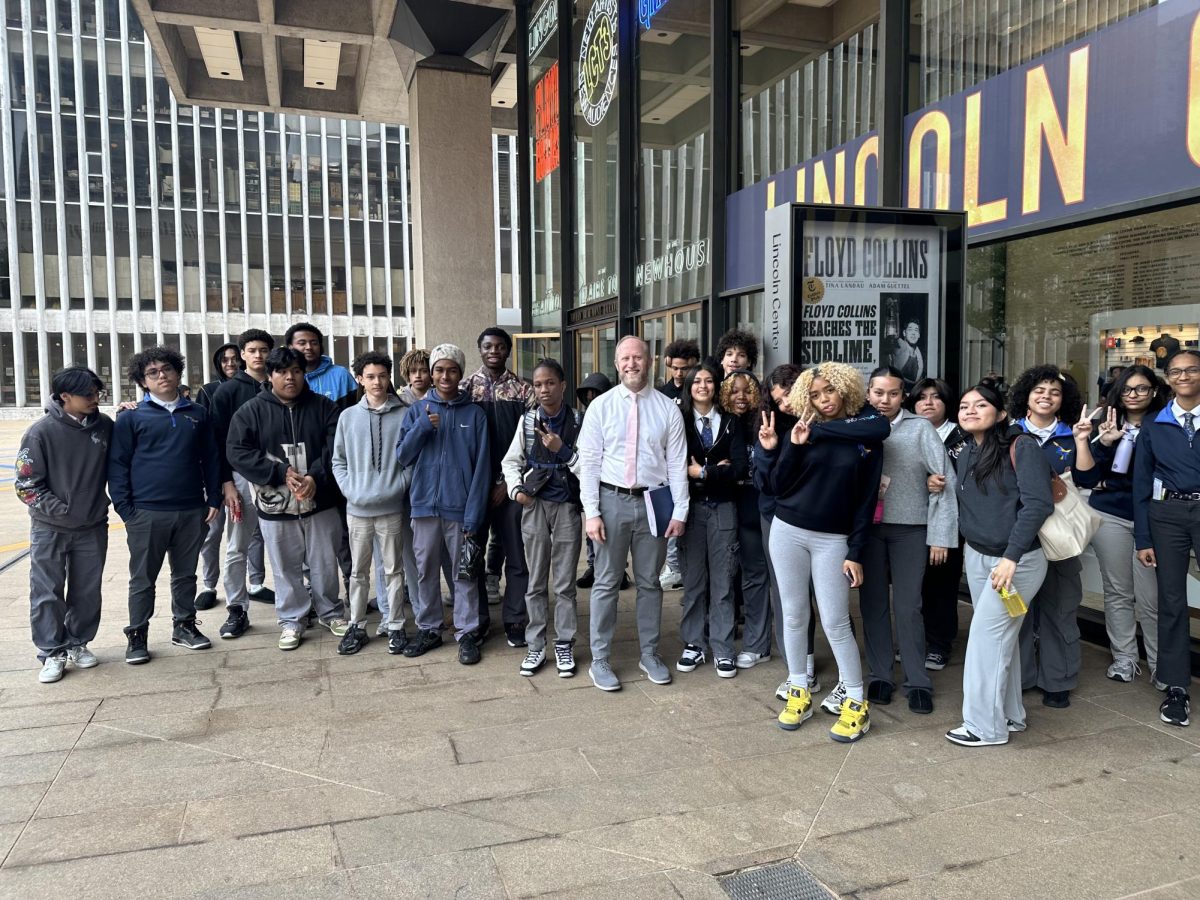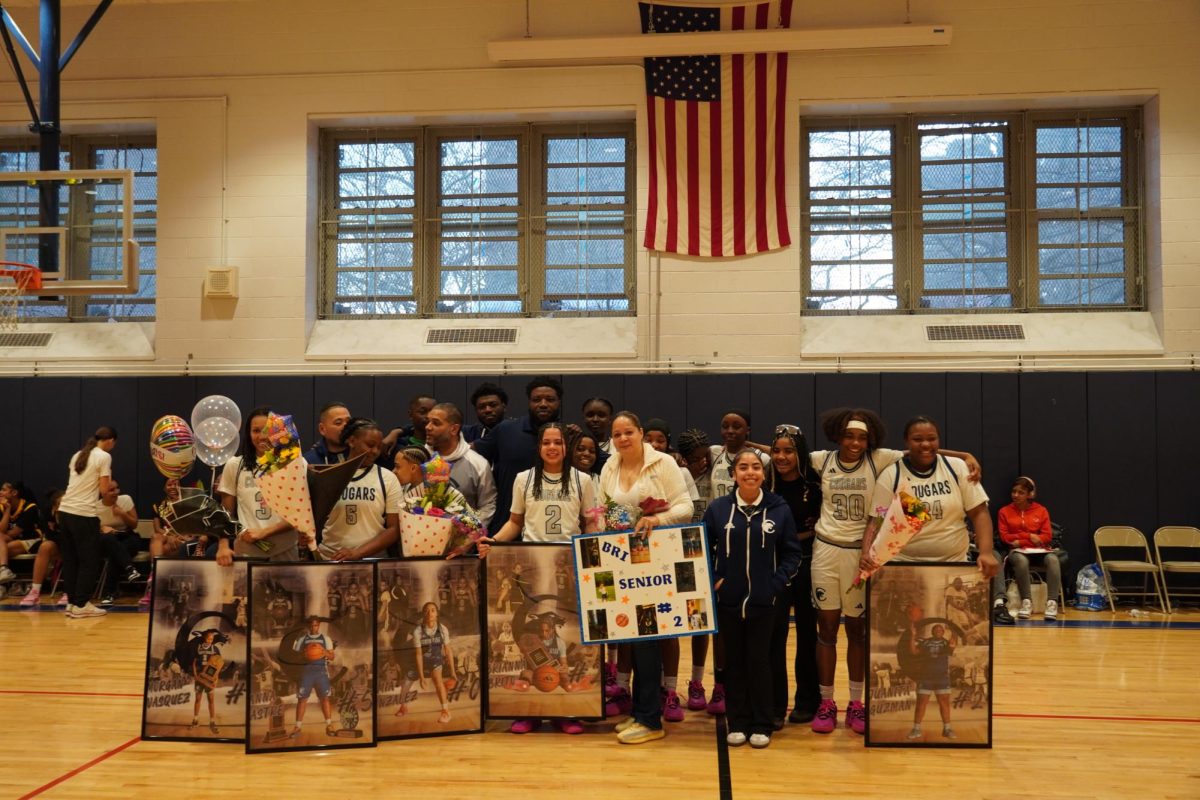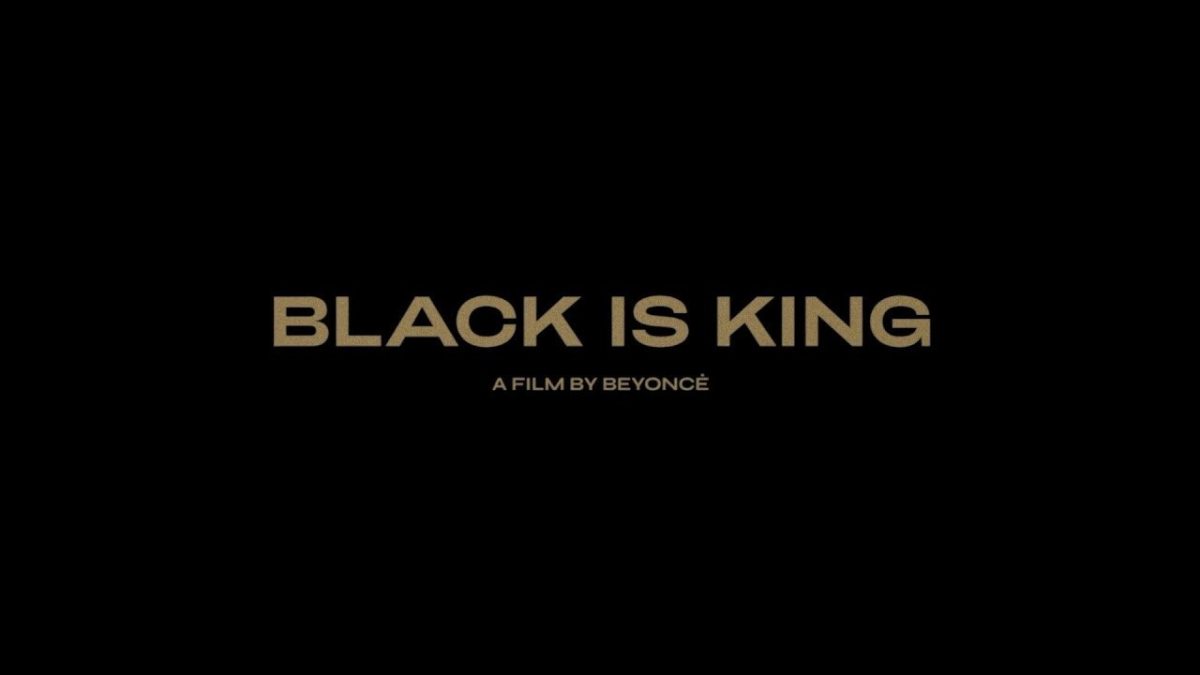If the music industry is the solar system, Beyonce is the sun. Constantly lauded for her creative genius, incredible vocal skills and impeccable visuals, Beyonce is no stranger to praise and attention. But as much as she’s a pop star, she’s a champion for celebration of black culture. Whether it’s being the first black woman to headline Coachella, with a performance and live album (Homecoming) celebrating HBCU culture; Or her Super Bowl 50 performance paying homage to the Black Panther Party; She knows how to make a cultural statement.
Despite this, one of Queen Bey’s works tends to fly under the radar. With “Black is King” she takes a step back from the Texas Southern University inspired marching bands, she takes us overseas to view the black diaspora through a different lens, Pan Africanism and the motherland itself. “Black is King” is the visual accompaniment to the Lion King Soundtrack, entitled The Lion King: The Gift.
Beyonce says in the first of many spoken word interludes, “You’re coming back to yourself, you’ll meet yourself at the coast.” The film starts with a young boy being exiled from his homeland. Throughout the film, he navigates life, learning different lessons and facing trials and tribulations. Eventually, he finds his way back to the throne.
Sound familiar? The allegory goes two different ways. On the surface level, it’s a retelling of the journey of Simba from the Lion King. But, on a deeper level, it represents the Black diaspora coming back to their roots and finding the beauty in the heritage and homeland they were once removed from.
The film represents the beauty and complexity of black culture through several mediums such as dance, art, music, and fashion. The film brings talented African artists that may fly under the radar into the spotlight of American audiences. It combines American household names like Kendrick Lamar, Jay Z and Pharrell with equally talented African artists like Tiwa Savage, Shatta Wale and Yemi Alade. Not to mention, the talented black cinematographers, producers, editors, sound and art directors, costume and set designers behind the screen.
I believe anyone of any race could enjoy “Black is King” for hundreds of reasons: the engaging and colorful Lion King inspired visuals, the dynamic afrobeats or star studded feature list. But throughout the almost 1 and a half hour film, Beyonce makes the decision to only include one white person: a butler. As director, she gives a subtle recognition to the marginalization of black people in the media. But it’s as blunt as it is subtle; blackness is worthy of the celebration and sole spotlight for once. That isn’t to say that other races aren’t, but especially in entertainment, black people have been pushed into the sidelines for far too long. “Black is King” is so special because it’s completely for us and by us. Black culture deserves a place to be celebrated, and Beyonce gives us a place, in front of the screen, behind it and beyond. Thank you, Beyonce!



